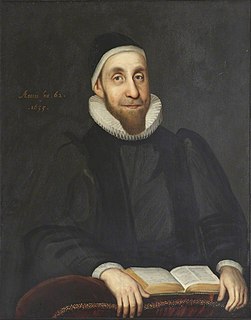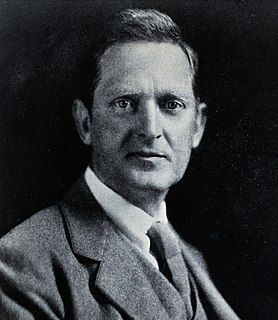A Quote by Alexander Pope
Nature made every fop to plague his brother, Just as one beauty mortifies another.
Related Quotes
The refining influence is the study of art, which is the science of beauty; and I find that every man values every scrap of knowledge in art, every observation of his own in it, every hint he has caught from another. For the laws of beauty are the beauty of beauty, and give the mind the same or a higher joy than the sight of it gives the senses. The study of art is of high value to the growth of the intellect.
The fact that labour is external to the worker, i.e., it does not belong to his intrinsic nature; that in his work, therefore he does not affirm himself but denies himself, does not feel content but unhappy, does not develop freely his physical and mental energy but mortifies his body and his mind. The worker therefore only feels himself outside his work, and in his work feels outside himself.
Throughout the early Christian period, every great calamity - famine, earthquake, and plague - led to mass conversions, another indirect influence by which epidemic diseases contributed to the destruction of classical civilization. Christianity owes a formidable debt to bubonic plague and to smallpox, no less than to earthquake and volcanic eruptions.
Every human being shall see in each and all of his fellow-men a hidden divinity... that every human being is made in the likeness of the Godhead. When that time comes there will be no need for any religious coercion; for then every meeting between one man and another will of itself be in the nature of a religious rite, a sacrament.





































